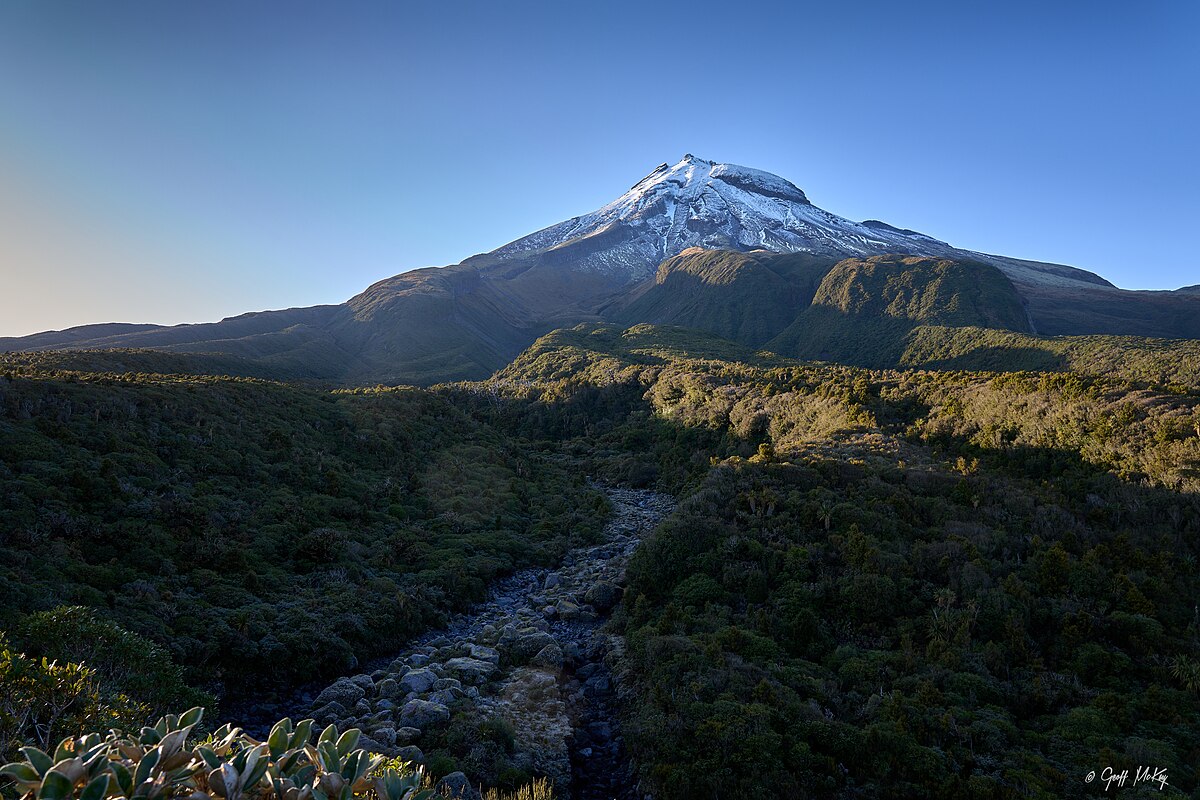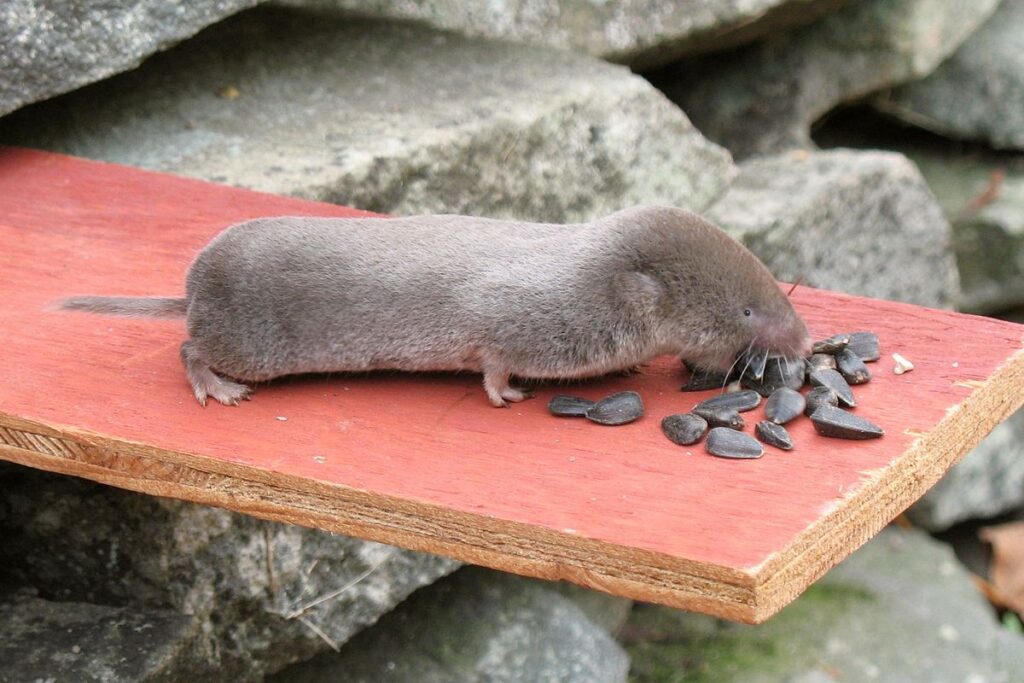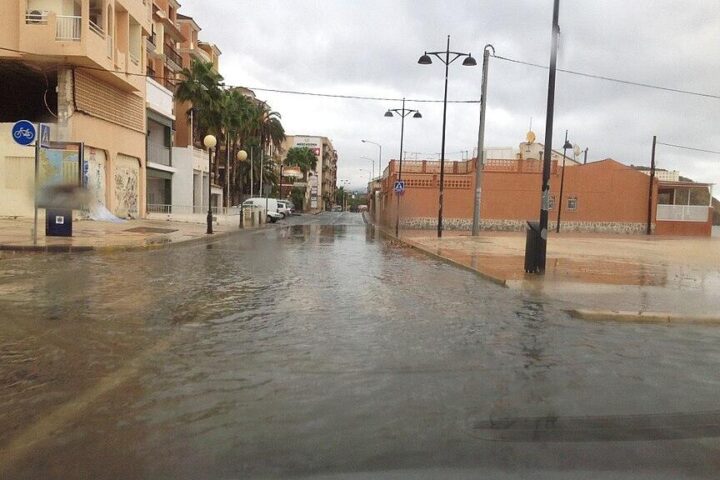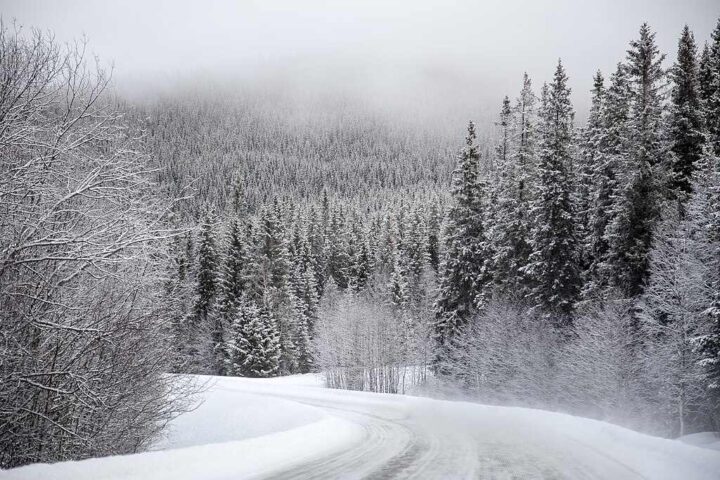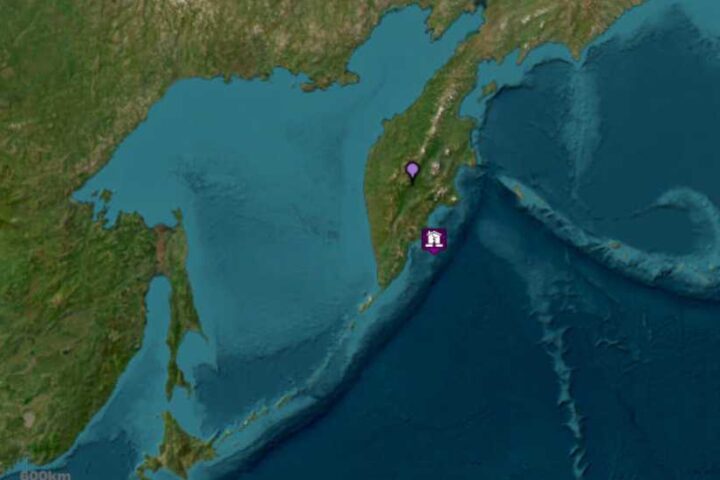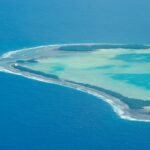A mountain in New Zealand just got the same rights as you and me. On January 30, 2025, New Zealand’s Parliament gave Mount Taranaki – an 8,261-foot snow-capped volcano – legal rights as a person. This means the mountain can now be protected by law just like a human being.
The mountain’s new legal name is Te Kāhui Tupua, replacing its colonial name Mount Egmont. Representatives from local Māori tribes and government officials will now work together to protect it. They’ll make decisions about everything from hiking trails to wildlife protection.
“Today, our mountain is released from the shackles of injustice,” says Debbie Ngarewa-Packer, a local political leader. She speaks for many Māori people who have waited generations for this change.
This decision addresses historical wrongs dating back to the 1860s. British colonizers took the mountain from Māori tribes in the 1860s, along with over a million acres of surrounding land. The government now admits this caused “immeasurable harm” to local communities.
Similar Posts
For visitors and locals, public access to the mountain will continue. People can enjoy tourism, hiking, and snow sports at the mountain. The difference is in how decisions are made. Local Māori tribes will now have an equal say in protecting their ancestral mountain.
The mountain joins two other natural features in New Zealand with human rights: Te Urewera forest (since 2014) and the Whanganui River (since 2017). Both show how giving nature legal rights can help protect it while respecting local culture.
Local resident Aisha Campbell explains why this matters: “This mountain connects us. It binds us together as a people.” For the surrounding communities, the mountain isn’t just scenery – it’s family.
